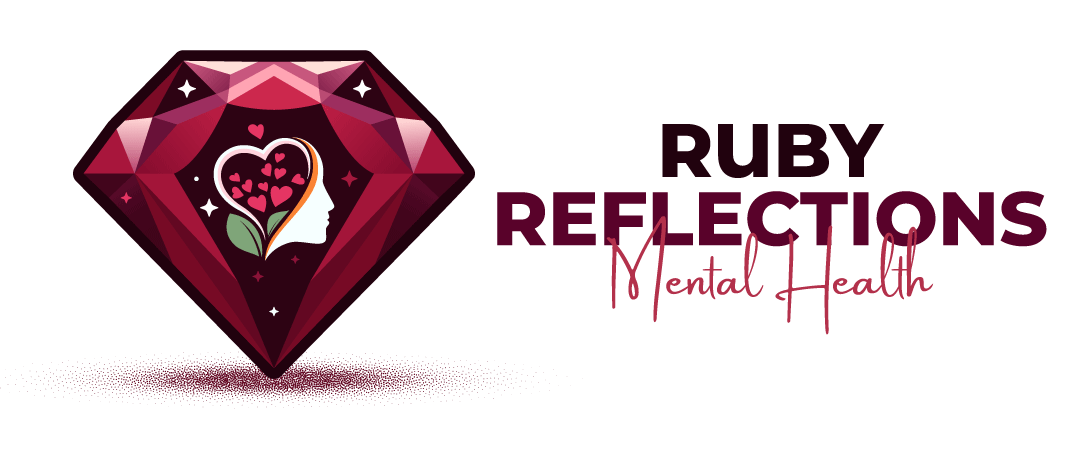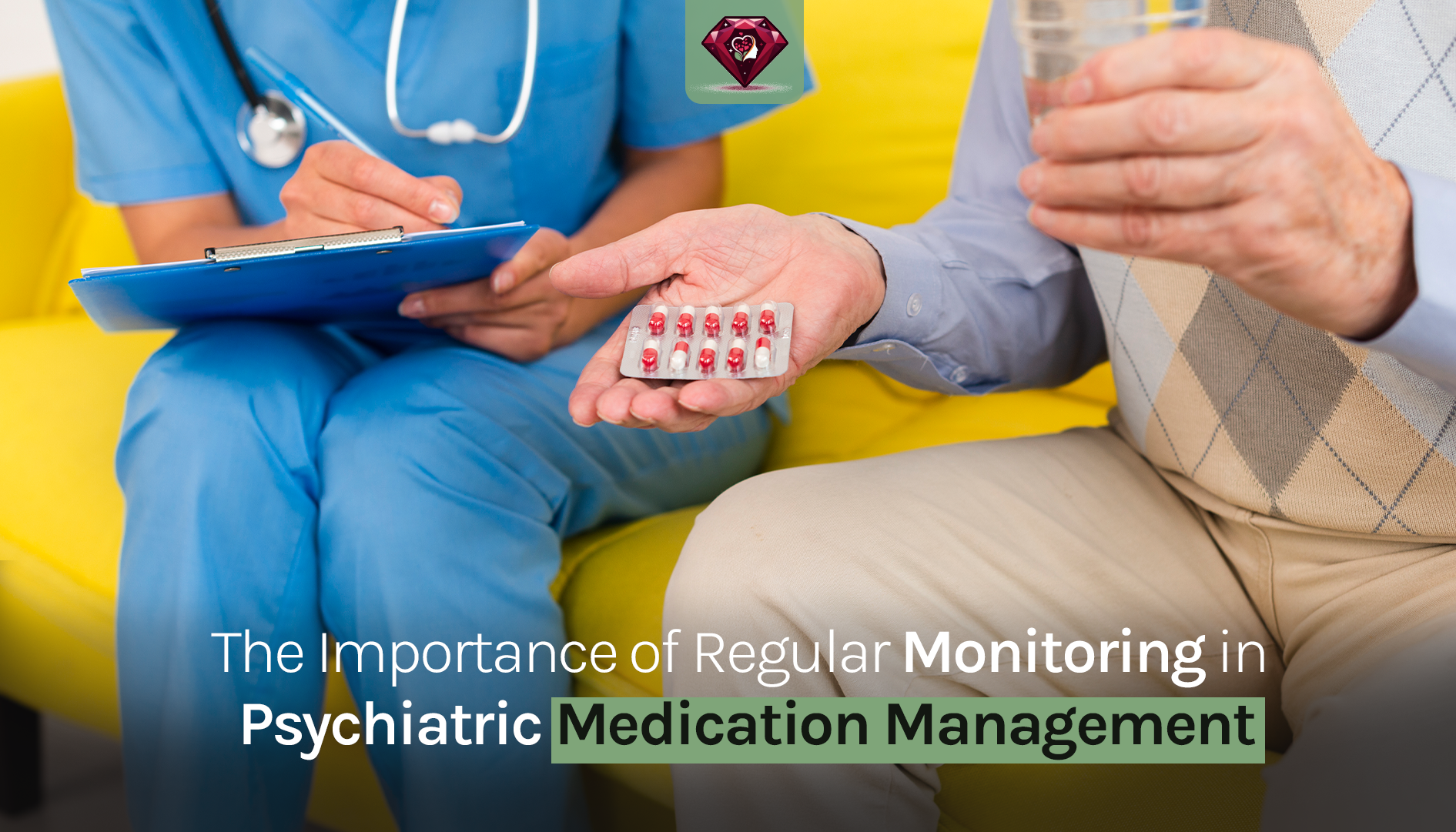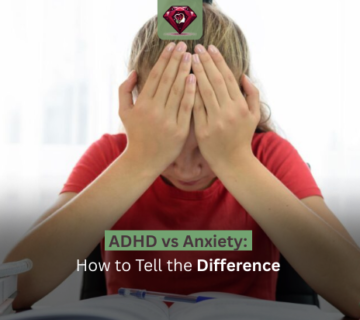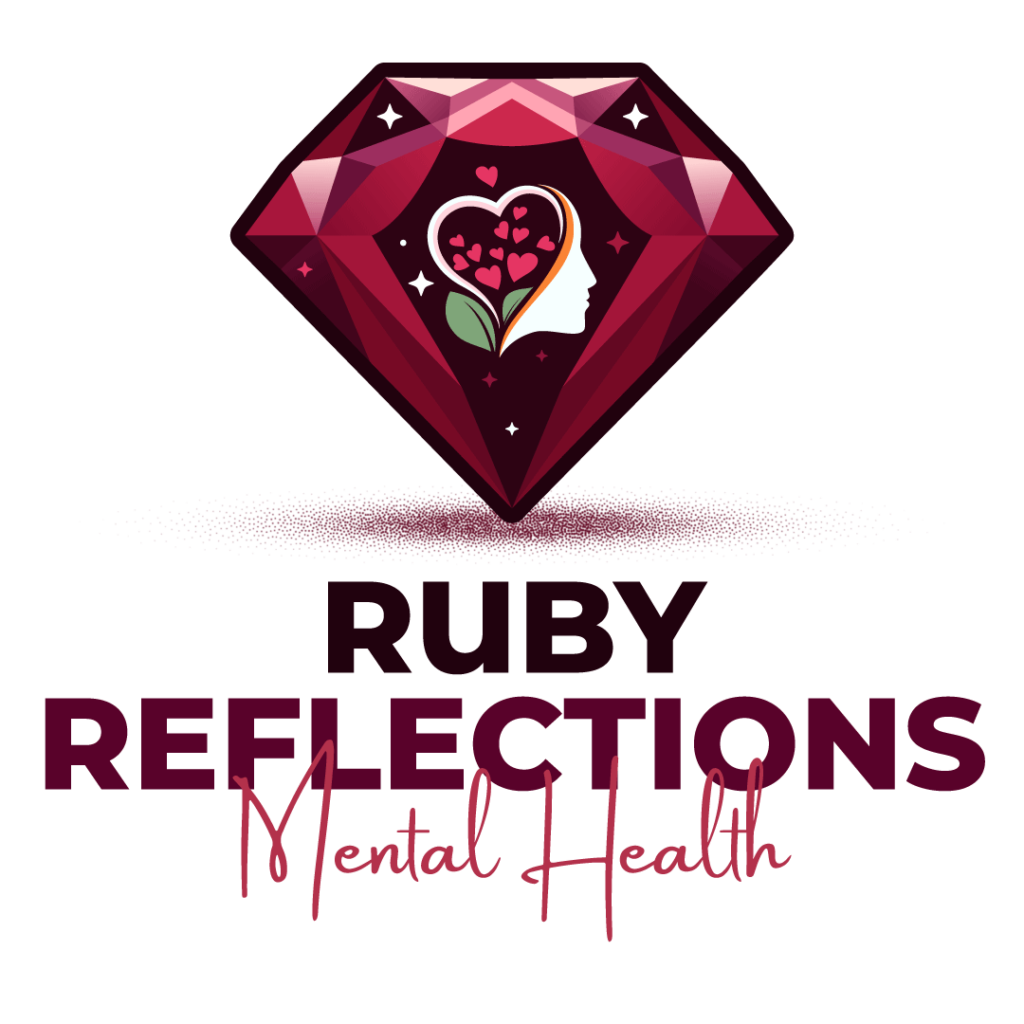In essence, it is important to track the management of psychiatric medication on a routine basis.
It is hope and uncertainty, not understanding what will happen, and maybe some nervousness about the future.
It is hope combined with uncertainty, not knowing what to expect, and perhaps a bit of anxiety over the road ahead.
When you search “psychiatric medication management near me,” you are already on the way to improving your mental well-being, and it is essential to realize why routine follow-up is so vital to your success.
What Is Psychiatric Medication Management?
Psychiatric medication management is a broad process of prescribing, monitoring, and adjusting psychiatric medications from the perspective of achieving optimal mental health.
It is so much greater than a prescription—it is a continual relationship between you and your healthcare provider that entails:
- Close monitoring
- Follow-up visits
- Adjustments of the most careful attention depending upon your reaction to medication
It is this form of psychiatric medical care that can be administered to aid the following conditions, among many others:
- Depression
- Anxiety disorders
- Bipolar disorder and mood stabilization
- ADHD
- OCD
- PTSD/trauma-related symptoms
- Schizophrenia
Related: Can a Psychiatric-Mental Health Nurse Practitioner Prescribe Medication?
Why Regular Monitoring Makes A Difference
Your body’s response to medication.
The way that every individual body processes medications is different. What suits your friend or relative perfectly well may not suit you, and there is nothing wrong with that.
Frequent check-ins will enable your provider to observe how your unique body is reacting to treatment and make changes that respect your unique biochemistry and requirements.
In these check-ins, your provider will not only ask whether your symptoms are getting better, but also how you are doing in general.
- Do you have any side effects?
- Do you feel you have more or less energy?
- What about your sleep?
Such apparently minor details create a larger image of how your medication affects your life.
Here’s the science behind it.
Here’s something fascinating: Do we completely understand the mechanism of action of psychiatric medication?
The absolute truth is that we know a lot of the pathways and processes, but the brain is still exquisitely complicated.
What we do know is that psychiatric medications exert their effect on neurotransmitter systems – the chemical messengers that aid brain cells in communicating.
There are those medications that enhance the availability of serotonin, dopamine, or norepinephrine, and those that act on other receptor systems altogether. And this is the reason why monitoring is crucial.
It takes time to figure out what these medications are doing to your particular neurological landscape, so close observation is essential since we are dealing with complex brain chemistry.
Catches changes early.
Mental health isn’t static—but rather fluctuates based on life events, the time of year, stress, and a myriad of other things.
Follow-up monitoring visits will enable your provider to detect these changes on time and adjust proactively instead of reactively.
Perhaps you have been on medication that worked miraculously during the six months, but you are now seeing your anxiety returning as your work pressure builds.
Or you have been feeling so good that it is time to think about reducing your dose.
Such subtle developments can only be picked up by regular, continued care.
Here’s What to Expect During Monitoring Appointments
Your follow-up visits must be more of a cooperative discussion than a hurried tick in the box. A good provider will enquire about:
- How have you been feeling emotionally and physically
- Any side effects you have noticed, however minor they may be
- Any change in your sleeping habits, your appetite, or your energy levels
- How is the medication affecting your relationships and daily activities
- Any life changes or stressors that might impact your treatment
These visits also present ideal moments when you can bring questions, raise concerns, or even talk about any hesitations you have regarding your treatment plan.
Building Your Support Network
Getting good psychiatric medical care is not just a matter of distance, important as that may be. Look for providers who:
- Take time to listen to your concerns and questions
- Explain treatment options in ways you can understand
- Respect your preferences and values
- Collaborate with you in decision-making
- Provide clear communication between appointments
It is important to remember that you have a right to feel supported, respected, and uniquely taken care of.
Moving Forward with Confidence
Initiating or maintaining psychiatric medication management can seem intimidating.
Still, routine follow-up medications make this process seem less like a shot in the dark and more like a well-guided process.
Your mental health is essential, and getting your medication regimen right, with all of its attentive monitoring and tweaking, is an investment in how you live your life across the board.
Get Professional Treatment at Ruby Reflections Mental Health
If you are seeking advanced psychiatric care, you have come to the right place.
Ruby Reflections Mental Health can provide a holistic approach to monitoring your medication intake closely.
To learn more about how we can help, contact us today.
FAQs
What is the significance of paying attention to mental health?
Mental health is inherently subject to variations based on life changes, stress, etc.
Tracking will assist in noticing patterns, detecting some alarming changes at their early stages, and making proactive changes to your treatment plan before the symptoms get worse.
Why is medication management significant to the psychiatric nurse practice?
Medication management requires psychiatric nurses to assess patients continuously, educate them, and monitor them to detect both therapeutic effects and side effects.






